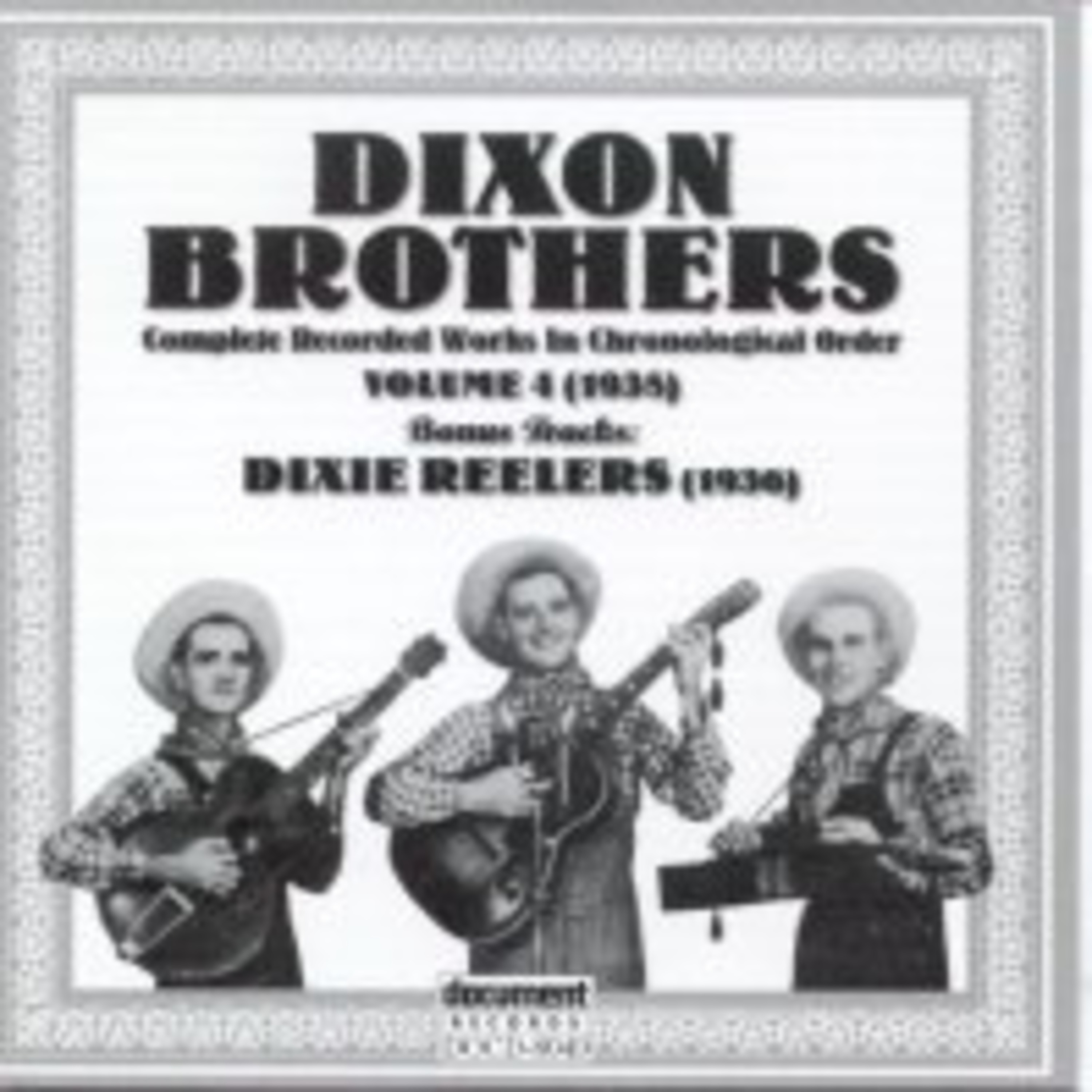
As tough as the life of a professional musician must have been in the '30s, the plight of a typical Carolina millworker was a whole lot worse. This was the background that Dorsey and Howard Dixon were born into, as they and their family all worked in the mills of Darlington, Lancaster, and Greenville, SC, as well as East Rockingham, NC. Dorsey was born October 5, 1897, and his brother on June 9, 1903. Music was an outlet from the long hours, lousy pay, and miserable factory conditions, with the workers often picked on by their bosses for being so-called hillbillies, and persecuted by local police for being so-called communists. Perhaps a career in country music was inevitable for hillbilly communists and it surely must have seemed like it would be more rewarding. At any rate, Dorsey picked up guitar at 14 and switched to fiddle later. When his little brother also figured out chords on the guitar, the two put together a fiddle-guitar duo, although the older brother continued practicing guitar. The most important musical influence on the Dixons was a local guitarist named Jimmy Tarleton, who had been a member of a successful duo, Darby and Carleton. The Depression had sandbagged this duo's career, so Tarleton had returned to the Little Hanna Pickett Mill in East Rockingham and his old job as a textile worker. He made friends with the brothers and the talk frequently turned to music, with lots of song trading going on. The brothers flipped over Tarleton's slide-guitar sound, which was much more heavily influenced by black blues styles. A strength of the Dixon Brothers' sound inevitably was the blues influence they filtered down through their friend, the result being a bit less of an overt blues influence, but plenty of stylistic shading. Howard also switched instruments because of his new friend, so enamored was he with the sound of the National steel